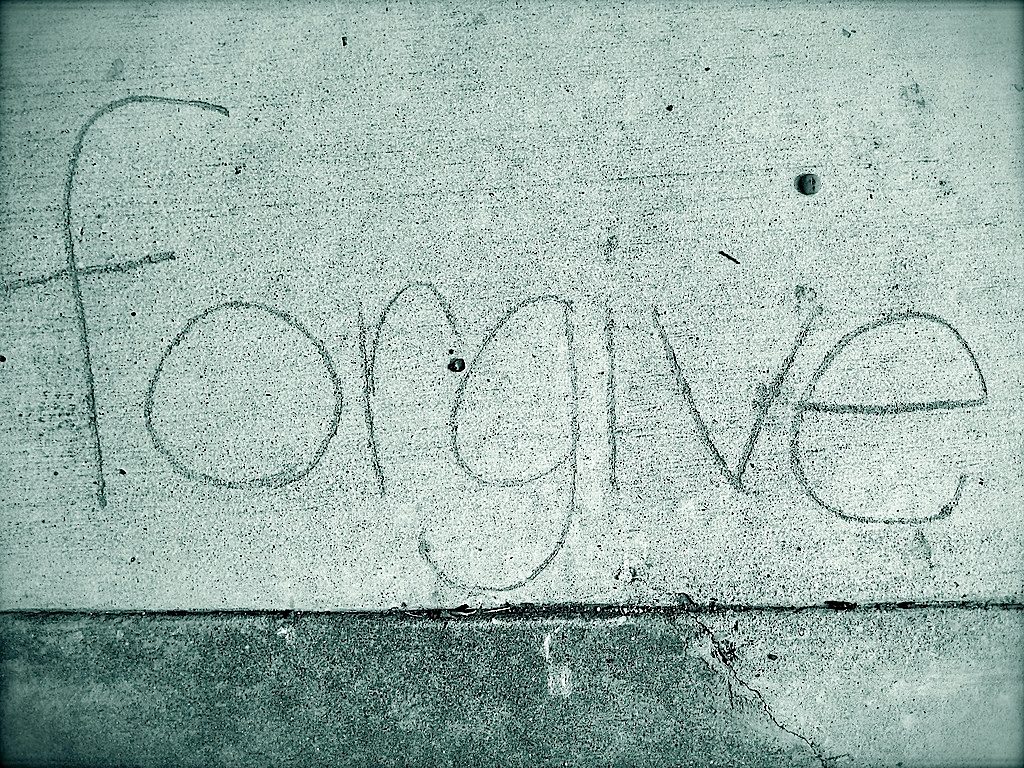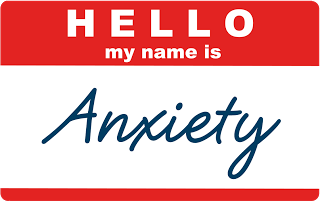
Have you ever been hurt? Have you ever been betrayed by a friend? Have you ever had someone close let you down? Have you ever been a victim? Have you ever had someone you love break your heart?
If you have, I am so sorry you experienced that, and I am glad you are reading this because I want to help you get over that hurt. To get to a place of forgiveness.
Forgiving those who have hurt us, who have violated our trust, who have broken our hearts, who have damaged us…maybe done unspeakable things to us…well, it seems so unfair and unnatural
What if the other person isn’t sorry? Or what if they’re not even alive anymore? How can we forgive them? And why should we?
Let’s look at the “why” first. When you forgive someone, it is not for them. It is for you. Having forgiveness as a part of your life is good for your mental, physical, and spiritual health. The Stanford Forgiveness Project clearly showed that there are numerous benefits to forgiveness
Keep in mind that forgiving someone does not mean that you forget what he or she did or that you excuse what they did. It also does not mean that you must reconcile with the person who hurt you. Forgiveness is not about the other person—it is about you.
When you forgive, you experience healing. There is a great quote that says, “To forgive is to set a prisoner free and discover the prisoner was YOU.” (Lewis B. Smedes)
So how do you forgive?
1. It starts with a decision. You wrap your mind around how forgiveness is a healthy choice that will bring you freedom and healing, and then you decide to do it. You take ownership for forgiving. Oftentimes we have problems, stress, and unhealthiness in our lives because we do not take ownership of our issues. We do not own our business, our stuff. Own the decision to forgive the person who hurt you.
2. The second step is to be honest about the hurt. Don’t minimize it. Don’t live in denial. Don’t blame yourself. And don’t make excuses for the person who hurt you.
It is OK to get angry when working through forgiveness. That is part of the process. Everything on your “unforgiven” list represents something that was lost or taken from you. In order to have forgiveness for painful hurts, we need to start by grieving the loss. We do that by acknowledging the anger and the sadness.
Do not stuff the hurts. Be honest with yourself, and even consider talking with a counselor or therapist who will provide you with a safe place to process the pain and anger. If you do harbor any unforgiveness, perhaps today is the day you can begin to experience the healing and freedom you need and deserve. The choice is yours. Choose wisely.
I would love to hear your thoughts–randy@randymoraitis.com. www.randymoraitis.com www.thecrossing.com.












Leave a Reply
Want to join the discussion?Feel free to contribute!